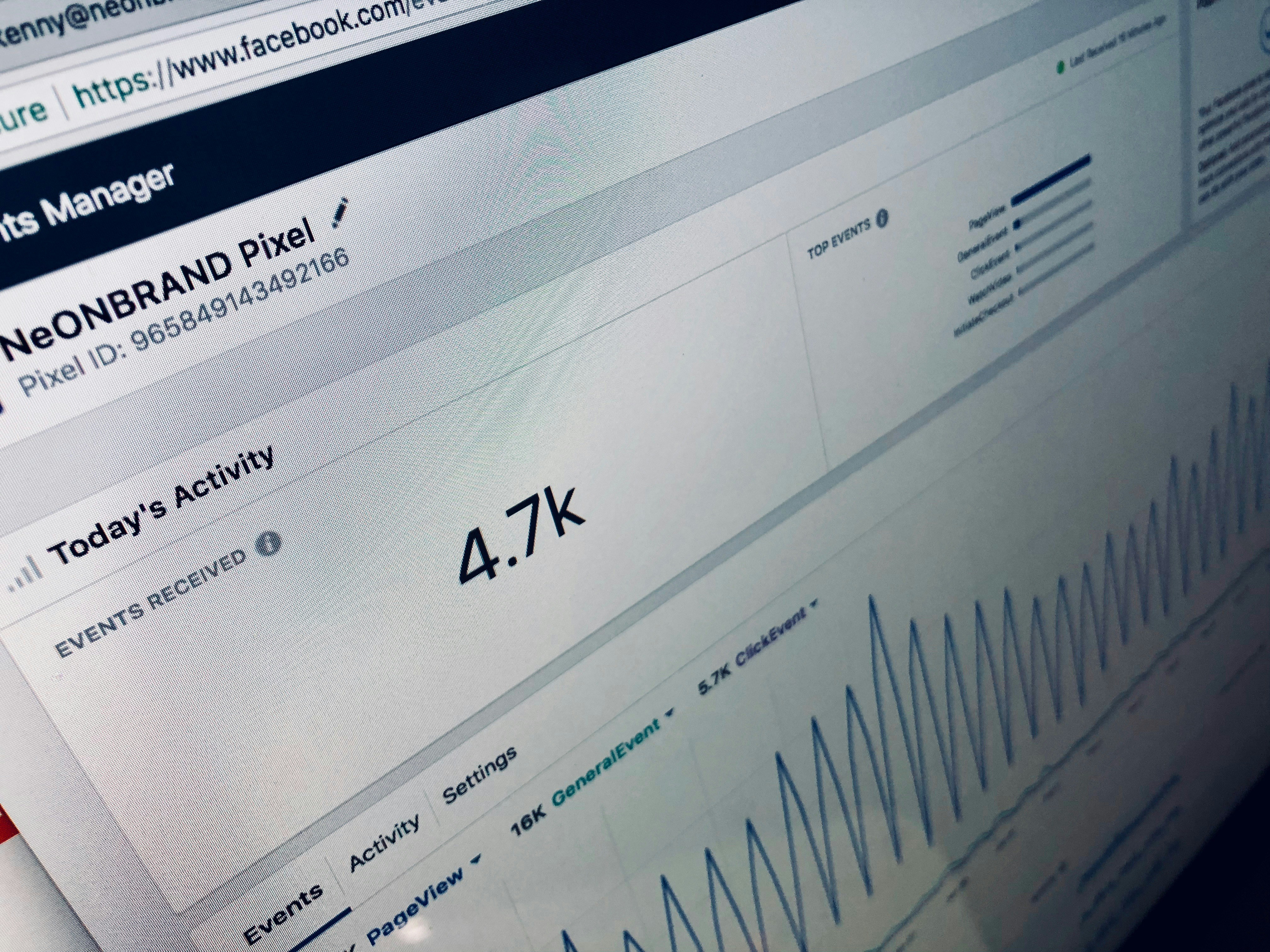Blockchain in Business: Beyond Cryptocurrency with Ethereum and Hyperledger
Blockchain in Business: Beyond Cryptocurrency with Ethereum and Hyperledger
Ethereum and Hyperledger are transforming business processes. Learn how blockchain technology enables secure, transparent, and efficient operations.
Blockchain Beyond Crypto
While Bitcoin popularized blockchain technology as a decentralized digital currency, Ethereum and Hyperledger have expanded its potential far beyond cryptocurrency to create powerful business applications that transform how companies operate, collaborate, and create value. These platforms have evolved blockchain from a financial instrument into a comprehensive technology stack that enables smart contracts, decentralized applications, and secure digital interactions across industries. The key innovation lies in programmable blockchains that can execute complex business logic automatically, creating trustless systems where participants can transact without intermediaries. This evolution represents a fundamental shift from blockchain as a niche technology to a mainstream business tool that can streamline operations, reduce costs, and create new revenue models. Companies are increasingly recognizing that blockchain's real value proposition lies not in digital money, but in its ability to create transparent, immutable, and automated business processes that traditional systems cannot match in terms of security, efficiency, and auditability.
Business Applications
- Supply Chain Tracking: Transparent product journeys from raw materials to end consumers, enabling real-time visibility, provenance verification, and automated compliance reporting that eliminates fraud and ensures product authenticity
- Smart Contracts: Automated business agreements that execute automatically when predefined conditions are met, reducing manual processing, eliminating intermediaries, and ensuring contractual obligations are fulfilled without dispute
- Digital Identity: Secure credential management that gives individuals control over their personal data, enabling seamless verification processes while maintaining privacy and reducing identity theft risks
- Tokenization: Asset representation and trading that converts physical or digital assets into blockchain-based tokens, enabling fractional ownership, automated royalty payments, and new investment opportunities
Ethereum vs. Hyperledger
Ethereum offers public, permissionless networks that anyone can join and participate in, providing global accessibility and network effects that drive innovation and ecosystem growth, while Hyperledger provides private, permissioned solutions specifically designed for enterprise environments where privacy, compliance, and controlled access are paramount. The choice between these platforms depends on specific business requirements, with Ethereum being ideal for public-facing applications, decentralized finance, and global marketplaces, while Hyperledger excels in supply chain management, healthcare data sharing, and inter-organizational consortiums. Ethereum's public nature enables greater liquidity and network effects but requires careful security considerations, whereas Hyperledger's private architecture provides enhanced privacy and regulatory compliance but may limit scalability and ecosystem reach. Organizations must carefully evaluate their specific use cases, regulatory requirements, and scalability needs when choosing between these two leading blockchain platforms.
Implementation Considerations
Choose the right platform based on privacy needs, scalability requirements, and regulatory compliance.
Future Outlook
By 2026, blockchain will be integral to business operations, with improved scalability and interoperability.











